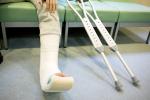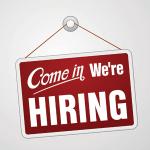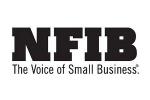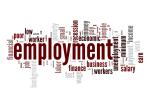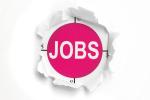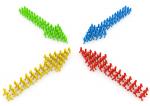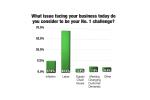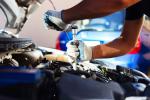WASHINGTON, D.C. (Jan. 9, 2024) – The National Federation of Independent Business (NFIB) Small Business Optimism Index increased by 1.3 points in December to 91.9, marking the 24th consecutive month below the 50-year average of 98. The study found that 23% of small business owners reported that inflation was their single most important problem in operating their business, up one point from last month, and replacing labor quality as the top concern.
“Small business owners remain very pessimistic about economic prospects this year,” says NFIB Chief Economist Bill Dunkelberg. “Inflation and labor quality have consistently been a tough complication for small business owners, and they are not convinced that it will get better in 2024.”
Key findings include:
- Small business owners expecting better business conditions over the next six months improved six points from November to a net negative 36% (seasonally adjusted), and 25 percentage points better than last June’s reading of a net negative 61%.
- Seasonally adjusted, a net 29% of owners plan to raise compensation in the next three months, down one point from November.
- The net percent of owners raising average selling prices was unchanged from November at a net 25% (seasonally adjusted).
- The net percent of owners who expect real sales to be higher improved four points from November to a net negative 4% (seasonally adjusted), the highest reading since January 2022.
In the NFIB research, 40% (seasonally adjusted) of all owners reported job openings they could not fill in the current period. Owners’ plans to fill open positions remain elevated, with a seasonally adjusted net 16% planning to create new jobs in the next three months. As long as consumer spending holds up, the NFIB stated in its findings, small businesses will have a need for more workers.
The study found that 58% of owners reported capital outlays in the next six months, down three points from November. Of those making expenditures, 40% reported spending on new equipment, 22% acquired vehicles, and 19% improved or expanded facilities. Eleven percent spent money on new fixtures and furniture and 5% acquired new buildings or land for expansion.
The NFIB also found that 24% (seasonally adjusted) plan capital outlays in the next few months, up one point from November.
A net negative 11% of all owners (seasonally adjusted) reported higher nominal sales in the past three months, a six-point improvement from November. The net percent of owners expecting higher real sales volumes improved four points to a net negative 4%.
The net percent of owners raising average selling prices was unchanged from November at a net 25% seasonally adjusted. Seasonally adjusted, a net 32% plan price hikes in the next three months.
Seasonally adjusted, a net 36% reported raising compensation, unchanged from November. A seasonally adjusted net 29% plan to raise compensation in the next three months. Nine percent of owners cited labor costs as their top business problem, up one point from November, and 20% said that labor quality was their top business problem.
The frequency of reports of positive profit trends was a net negative 25%, seven points better than in November. Among the owners reporting lower profits, 31% blamed weaker sales, 17% blamed the rise in the cost of materials, 16% cited lower prices, and 9% cited labor costs. For owners reporting higher profits, 48% credited sales volumes, 19% cited usual seasonal change, and 14% cited higher selling prices.
Have a question or comment? E-mail our editor Dave Davis at [email protected].



